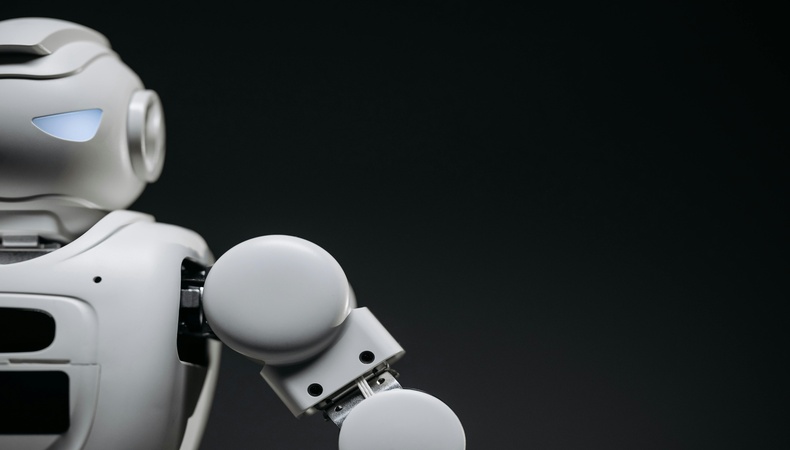The Evolving Role of AI in Society: Challenges and Innovations

From politics and commerce to entertainment and security, artificial intelligence (AI) is gradually shaping many sectors of human existence. As technology advances, debates on its applications never stop. Emphasizing significant issues and innovative discoveries demonstrating its growing influence on society, this editorial examines present events and points of view on artificial intelligence.
AI and the Creative Sector: two-edged blade
Regarding entertainment, people’s opinions regarding artificial intelligence’s power to change content creation range from excitement to uncertainty. The highly regarded show “Black Mirror” regularly explores the darker effects of technological advancements, and creator Charlie Brooker’s most recent comments reflect concerns about artificial intelligence’s impact in creative fields.
Brooker has criticised the use of artificial intelligence for generating creative pitches and content, arguing that such approaches will generate poorer work and result in employment losses. He adds that the real challenge is not the nature of the technology but rather its use. According to Brooker, artificial intelligence-driven innovation without strict management could lead to an explosion of poor products and worsening of unemployment among creative professions. His frame of view stresses the need of a balanced approach in which improvements in technology complement rather than replace human ingenuity.
Stopping the Expanding AI-Driven Scams
AI technology grows alongside the opportunities for misuse. Since they enable false information to spread and dishonest behavior to flourish, modified media created using artificial intelligence—deepfakes—have become a big problem. McAfee, a computer security firm, responded by creating a new deepfake detecting tool aimed to offset this growing risk.
This technique aims to identify and reduce the impact of false information, therefore enhancing digital security and preserving public confidence by means of this strengthening of digital security. McAfee’s initiative highlights the importance of developing innovative tools and strategies to reduce the risks connected with incorrect information powered by artificial intelligence. Maintaining the integrity of knowledge in the digital age depends more on human capacity to spot actual content from changed media as artificial intelligence grows.
The Political Influence of Artificial Intelligence: VIC Concession
Artificial intelligence entered politics clearly with Victor Miller’s campaign in Wyoming, where he ran as an AI-powered bot dubbed “VIC.” Reflecting a pioneering attempt to use technology into political campaigns, VIC questioned established knowledge and looked at new prospects for artificial intelligence in government. Still, Miller’s most recent capitulation marks the end of this utopian experiment.
VIC’s departure from the competition highlights the challenges and complexities of bringing artificial intelligence into political processes even if it might seem as a defeat. The attempt to apply artificial intelligence for political engagement highlights the evolving nature of political technology and the need of carefully guiding its integration. Knowing the possibilities and limitations of artificial intelligence can help one to decide the political settings of the future since it influences many spheres of existence.
Robotics: Figure 02 Dominates Scene
In terms of robotics, California-based company Figure unveiled Figure 02, a second-generation humanoid robot. Designed primarily for commercial production, this innovative robot aims to increase operational effectiveness and streamline manufacturing processes.
Figure 02 demonstrates a clear development in robots with possible benefits including higher productivity, precision, and safety in production environments. The use of such advanced robots represents the greater tendency of introducing automation into many sectors, therefore fostering technical advancement and altering accepted procedures. The growing applications of robotics technology as it advances should have a far bigger impact on industrial processes and economic dynamics.
Final Thought
Leading technological advances include robots and artificial intelligence, which influence many realms of life including politics and creative sectors as well as security and manufacturing. These technologies present possibilities and challenges as well as improvements that modify our relationship with the surroundings.
The most recent developments and ideas under debate highlight the need of thoroughly assessing the social consequences of artificial intelligence and the necessity of balancing scientific development with ethical and pragmatic concerns. Maintaining knowledge and participation with these advancements will enable us to handle the shifting landscape of technology and ensure it enhances rather than undermines our common welfare.




